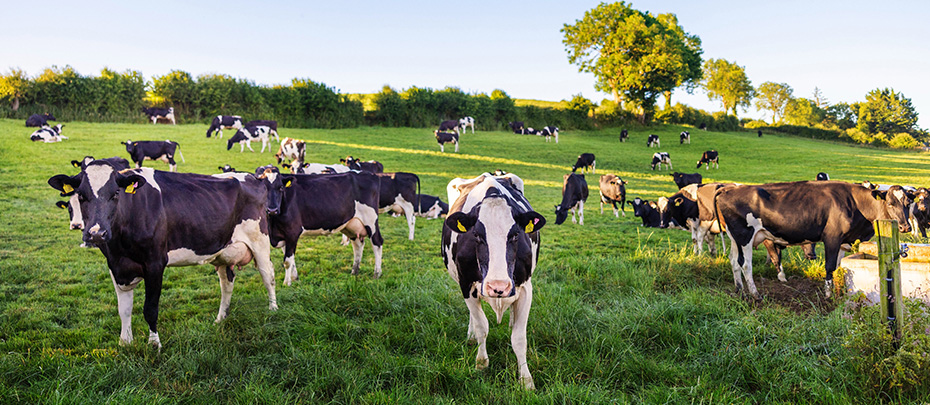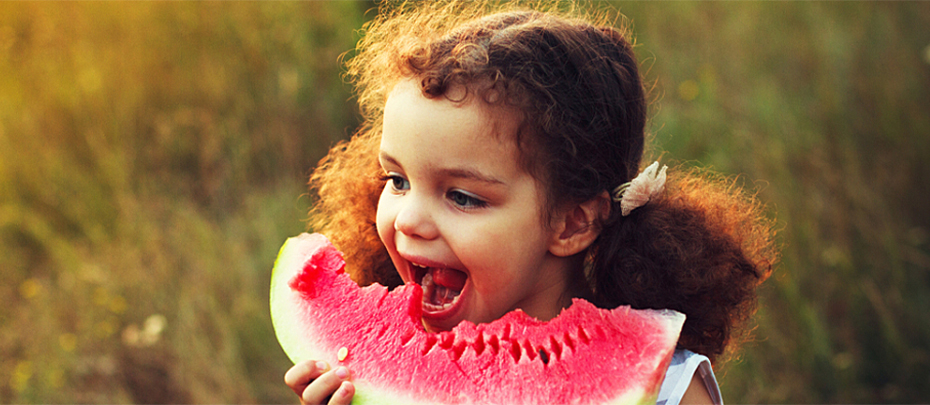Breakthrough research by Abbott shows that a specific HMO, 2'-FL or 2'-Fucosyllactose, can provide health benefits to a growing baby and plays a role in supporting the development of a strong immune system. Abbott was the first company in the world to include this important ingredient in infant formula with the introduction of Similac® Pro-Advance and Pro-Sensitive with 2'-FL HMO formula, bringing about one of the biggest advances in infant nutrition in the last decade.
Read on to learn more about these gut-nourishing prebiotics and why you'll want to make sure your baby is getting them.
Probiotic and Prebiotic Basics
About 70 percent of the immune system resides in the gut, so it's crucial to give your baby the building blocks they need from the start. Probiotics, also known as beneficial bacteria, are live microorganisms located in the intestinal tract. Prebiotics are not bacteria, but they provide the food source that probiotics need to survive.
There are more than 150 different types of HMOs, and the most abundant one in most mothers' milk is 2'-FL — and now, it has been added to Abbott's Similac formula. 2'-FL HMO is a prebiotic that feeds the beneficial bacteria in a baby's gut helping them to flourish and to support immune system development.
Developing a Healthy Digestive Tract
The digestive tract is formed during the third trimester of pregnancy and continues to develop for up to a year after birth. Certain nutrients can impact how the gut develops during this important time.
Breast milk is the gold standard of nutrition for babies, but if you can't or choose not to breastfeed, Similac with 2'-FL HMO can help your child's developing immune system. The HMOs and nucleotides (an essential building block in the body) found in breast milk and Similac formula support a baby's digestive system and help strengthen their immune system.
Modeling After Mother Nature
Research is showing that HMOs are a key ingredient for infants. Rachael Buck, a research scientist and immune expert at Abbott, has studied the components of breast milk for more than 20 years.
"By harnessing the unique qualities of 2'FL HMO in Similac formula we can support babies' developing digestive and immune systems and give them a benefit once only available to breastfed babies," says Buck.
Nothing can replace breast milk, but for moms who cannot or choose not to breastfeed, or those who need to supplement, an infant formula with 2'-FL HMO is one step closer to closing the gap.
"We want to give parents choices and ensure that formula babies have the strongest possible start in life," Buck says.
*not from human milk




Social Share